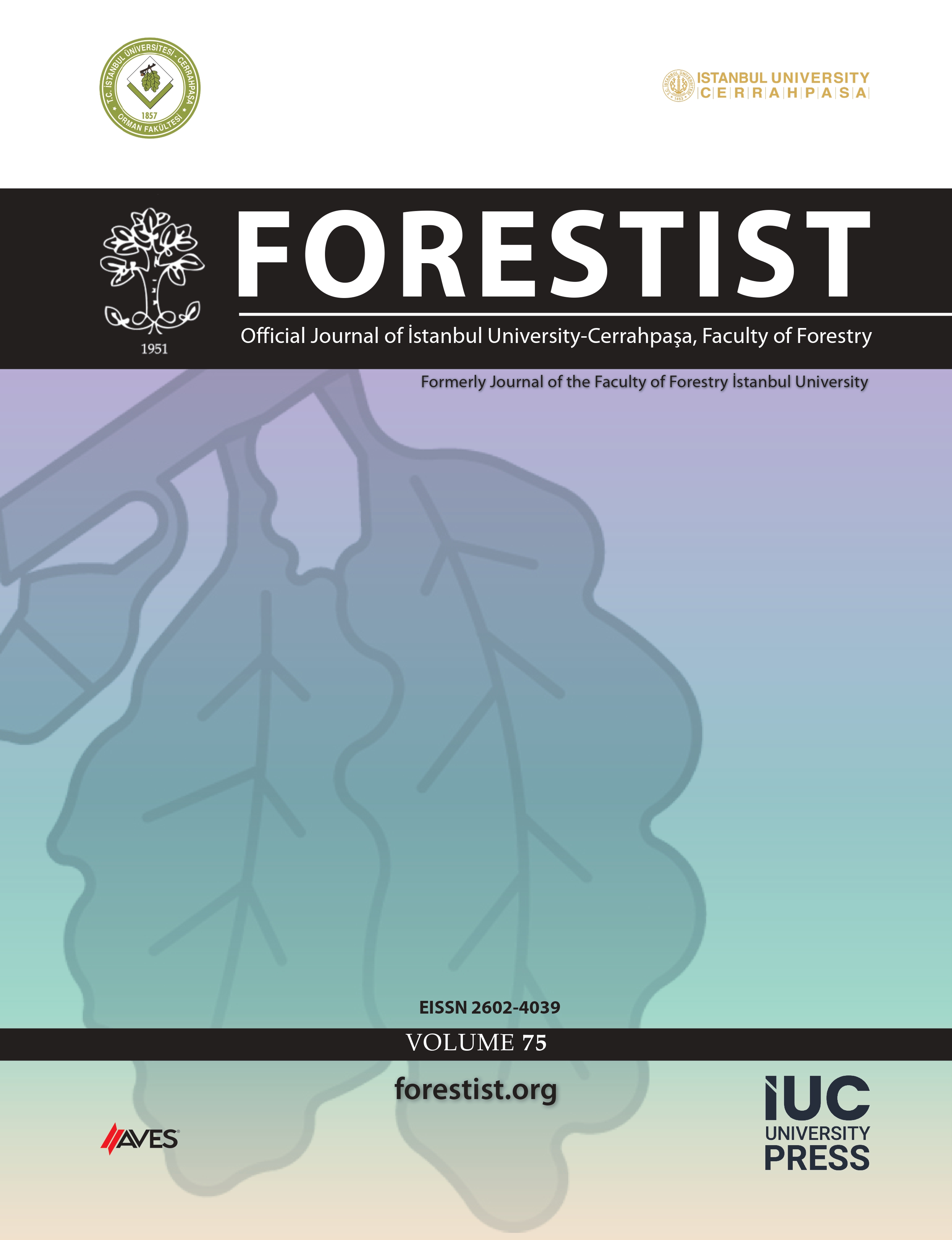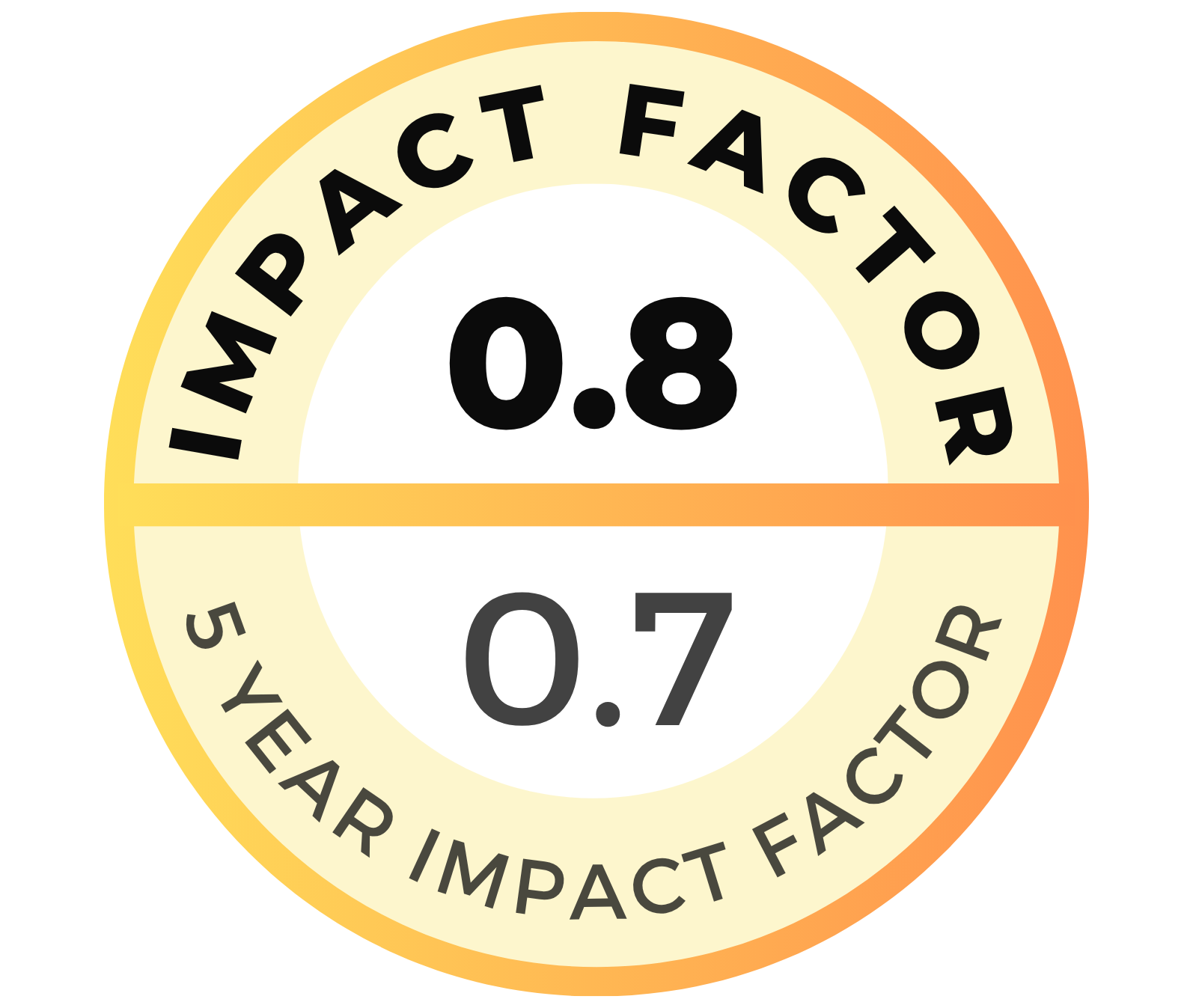Cedrus deodara is an important tree species and needs to be a plantation in a large area for the present scenario of climate change mitigation and global warming. For large-scale a#orestation and reforestation activity, suitable seed sources are needed to produce quality planting stock. Therefore, the present study was conducted to understand the amount and patterns of variation in morphometric characteristics of Cedrus deodara cones, seeds, and their germination. Cone of Cedrus deodara was collected from ten di#erent provenances of Western Himalaya. Signi$cant variation (p < .05) was recorded for di#erent morphological characteristics of cones, seeds, and seedlings among di#erent provenances. Cone weight, seed moisture content, and seed weight were the most variable characters among the studied traits. On average, cone length, cone weight, and cone diameter were 8.85 cm, 104.59 g, and 6.39 cm, respectively. While the seed length, seed width, and seed thickness were 1.20, 0.46, and 0.27 cm, the seed weight was 9.70 g, respectively. The maximum (92.10%) germination was recorded at 15°C. Most of the cone and seed traits showed high heritability with genetic gain, indicating that strong genetic control should be considerable for the further improvement in Cedrus deodara. The variability appeared to be naturally structured and would be mainly hereditarily controlled. On the basis of cone morphology, seed traits, and seed germination, Kandolia, Dhanaulti, and Dandachalli were the best provenances. The results of the present study help collect quality seeds for producing the quality planting stock for these tree crops for plantations in Uttarakhand, Himalaya.
Cite this article as: Topwal, D., Khanduri, V. P., Singh, B., Bali, R. S., & Rawat, D. (2024). Provenance variation in cone morphology, seed traits and seed germination of cedrus deodara from uttarakhand himalaya. Forestist, 74(1), 62-73.




.png)
